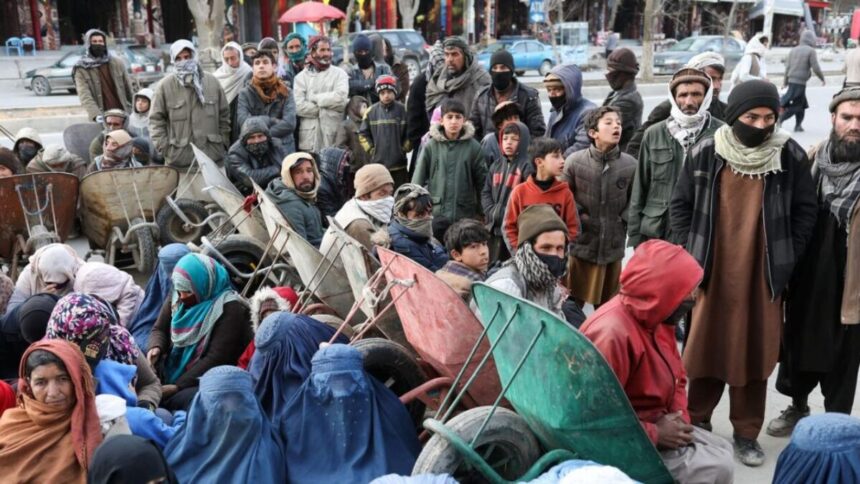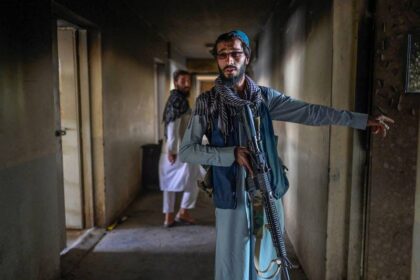RASC News Agency: The United Nations Office for the Coordination of Humanitarian Affairs (OCHA) in Afghanistan reports that over the past decade, the country has faced relentless challenges, resulting in profound, widespread, and enduring human consequences. Afghanistani citizens grapple daily with conflicts, political instability, injustice, drought, earthquakes, food insecurity, displacement, disease, inadequate healthcare, chronic poverty, and the escalating vulnerability and deprivation of women and girls.
According to OCHA, the number of individuals requiring humanitarian assistance in Afghanistan has steadily increased, with approximately 23 million people now confronting severe poverty and relying on aid. The past decade has been particularly harsh for the Afghanistani population, a situation that has only worsened following the Taliban’s return to power. Since their takeover, poverty and hunger have surged, and Afghanistan now faces escalating political, social, cultural, and economic crises.
Three years after the Taliban’s rise, economic pressures have driven countless individuals into unemployment, further burdened small businesses, and denied pensions to thousands of retirees. When citizens implored the Taliban to create job opportunities in light of their hunger, Taliban officials dismissively advised them to “seek sustenance from God, not the Emirate.” Meanwhile, the group continues to benefit from U.S. dollars and support from various intelligence agencies, exploiting Afghanistan’s resources without accountability to its people or institutions.






